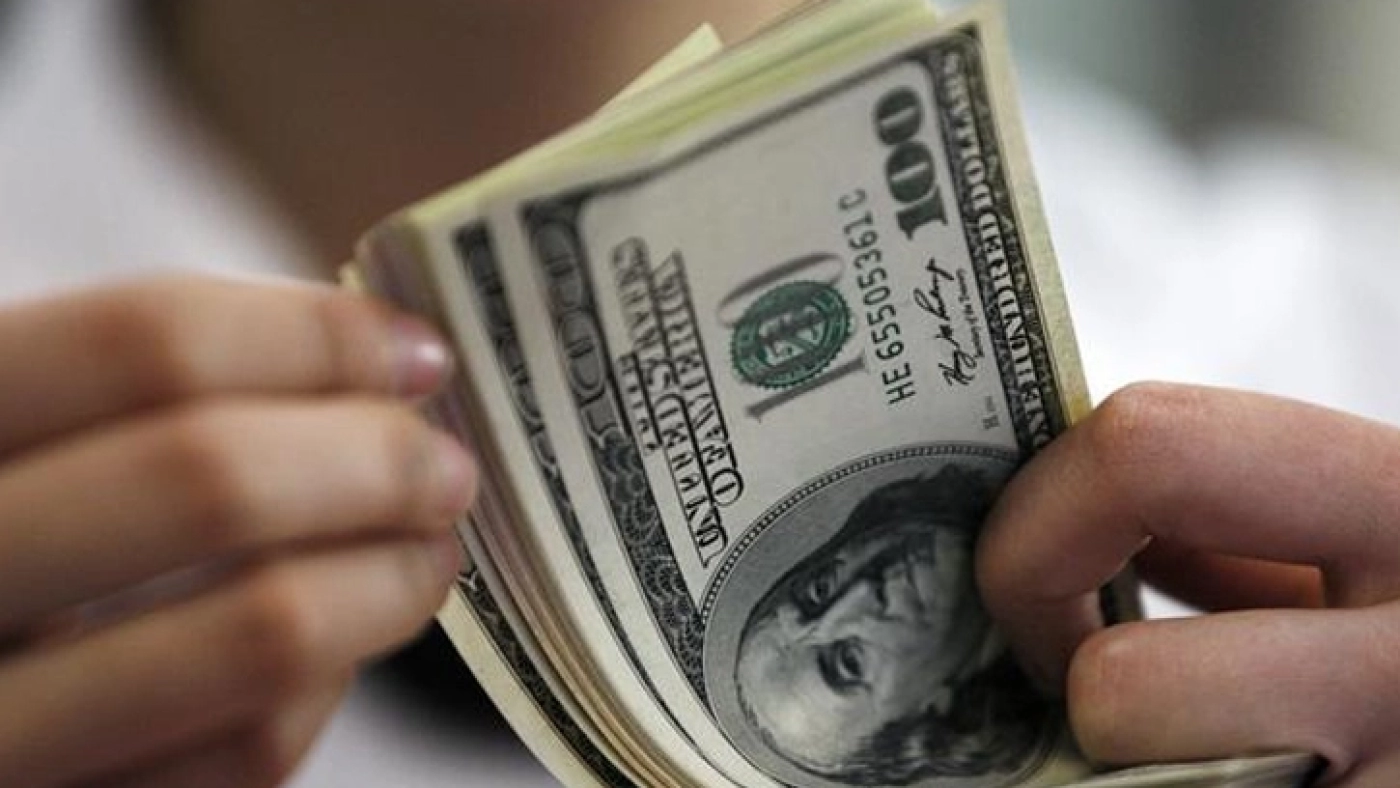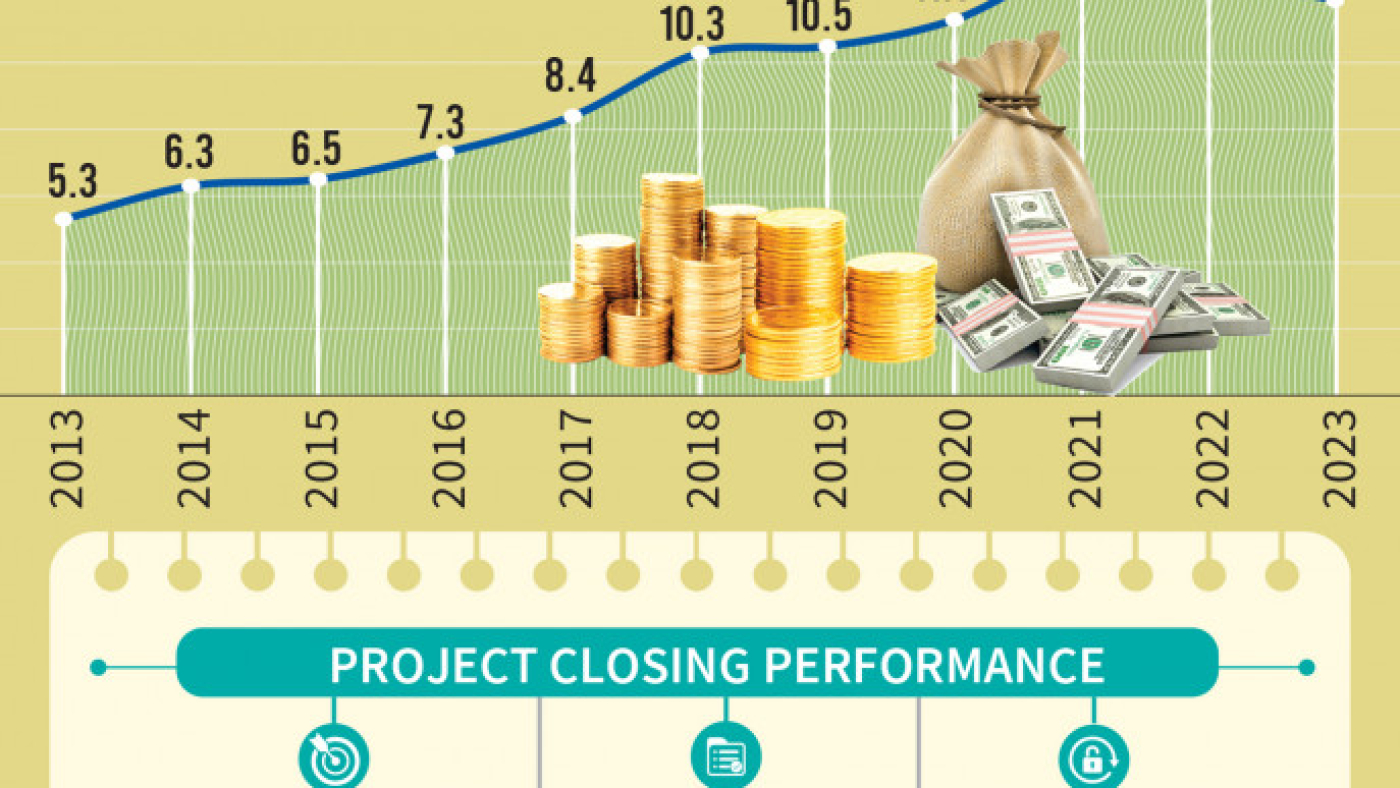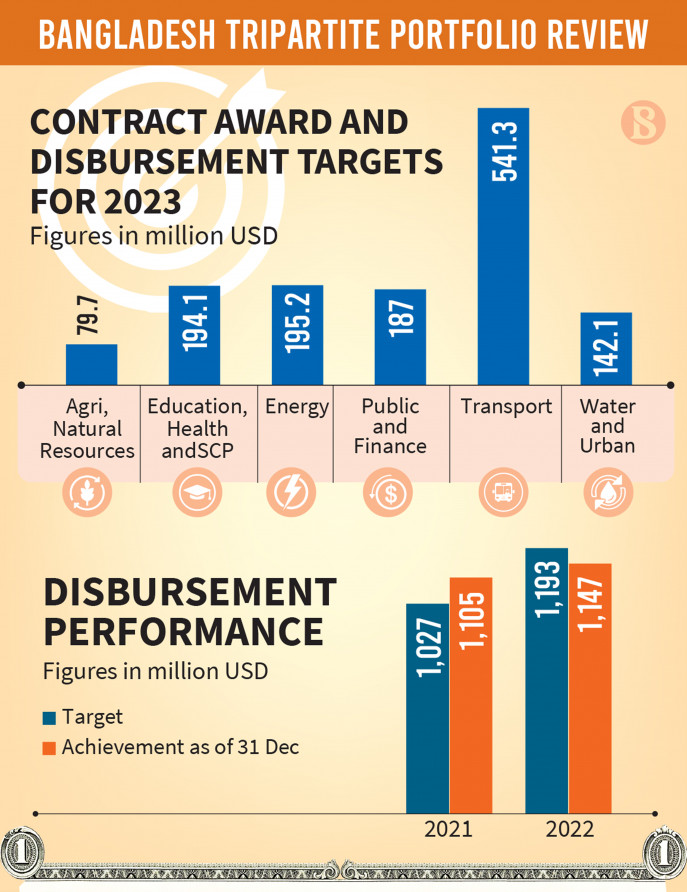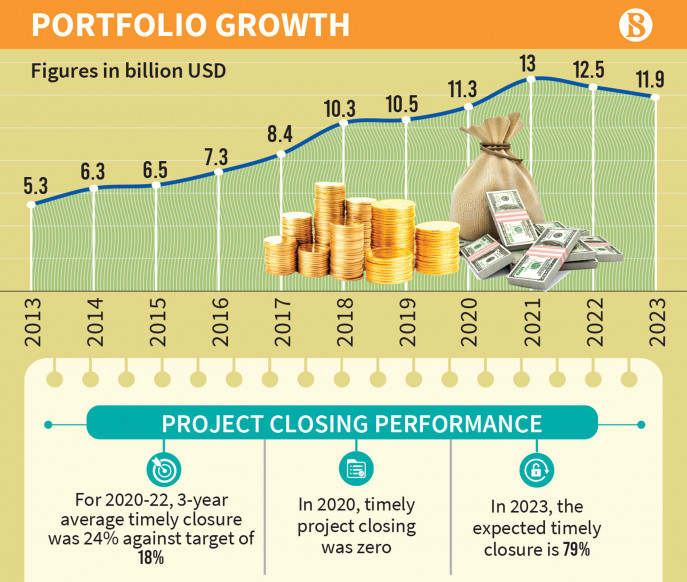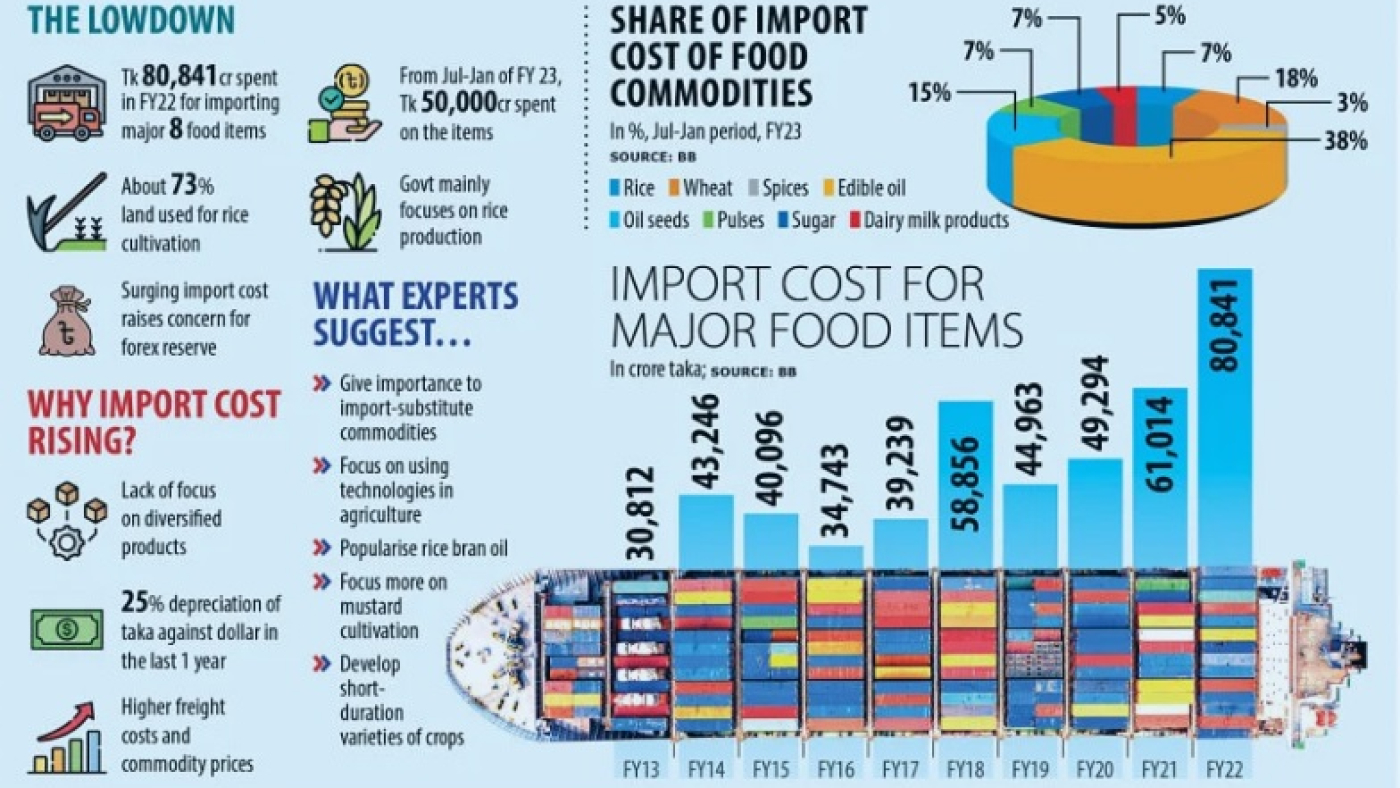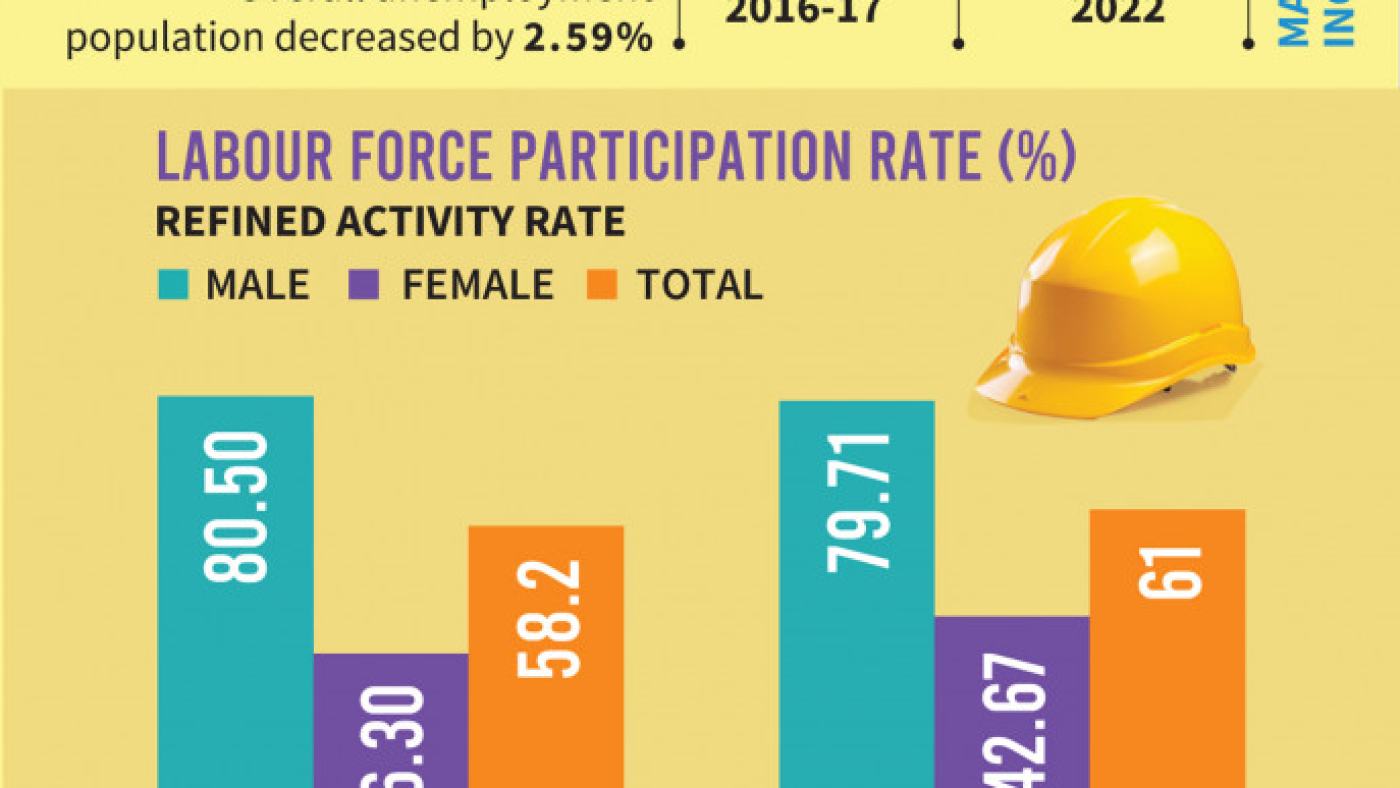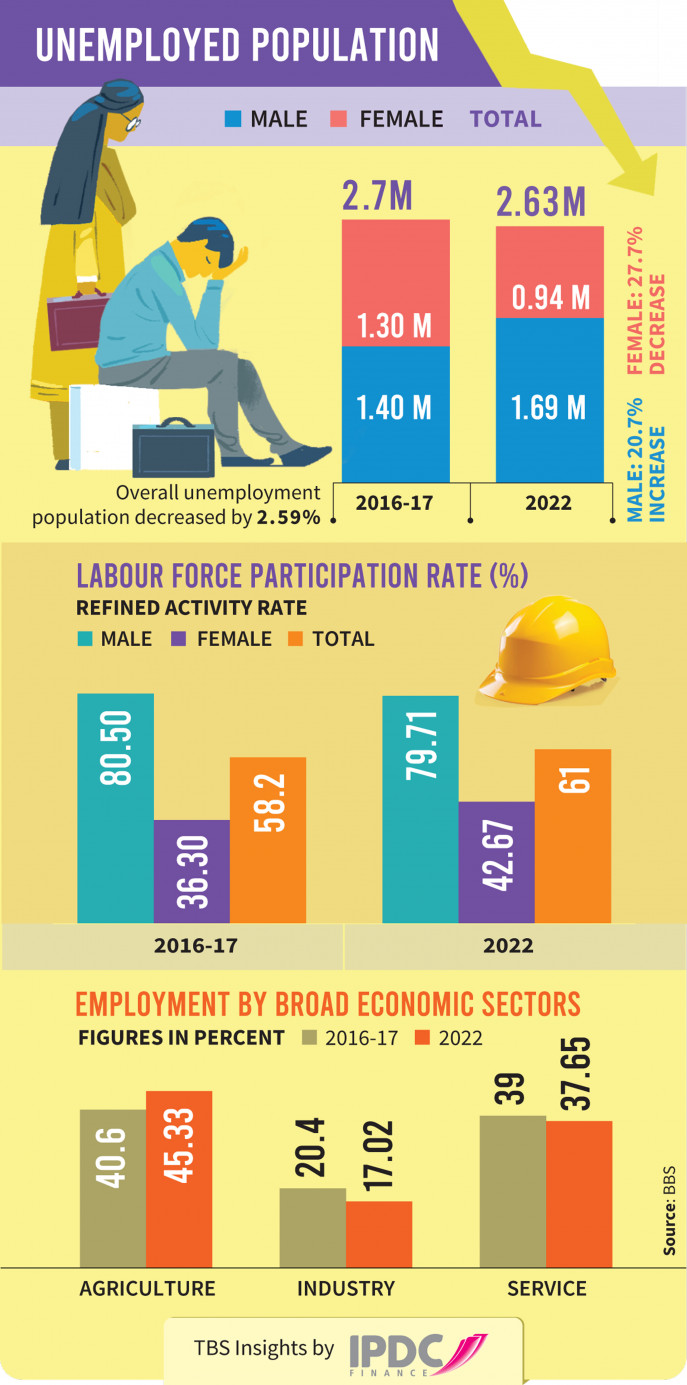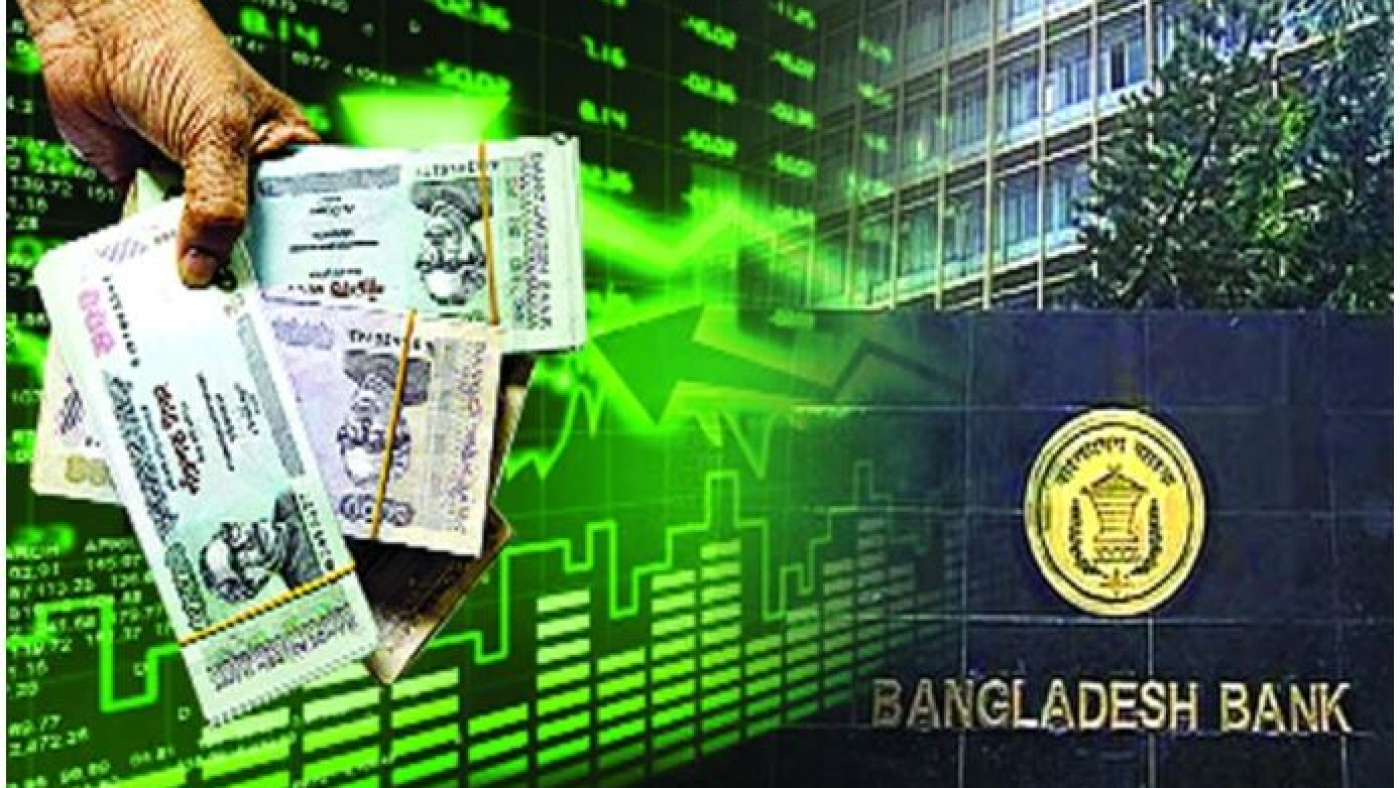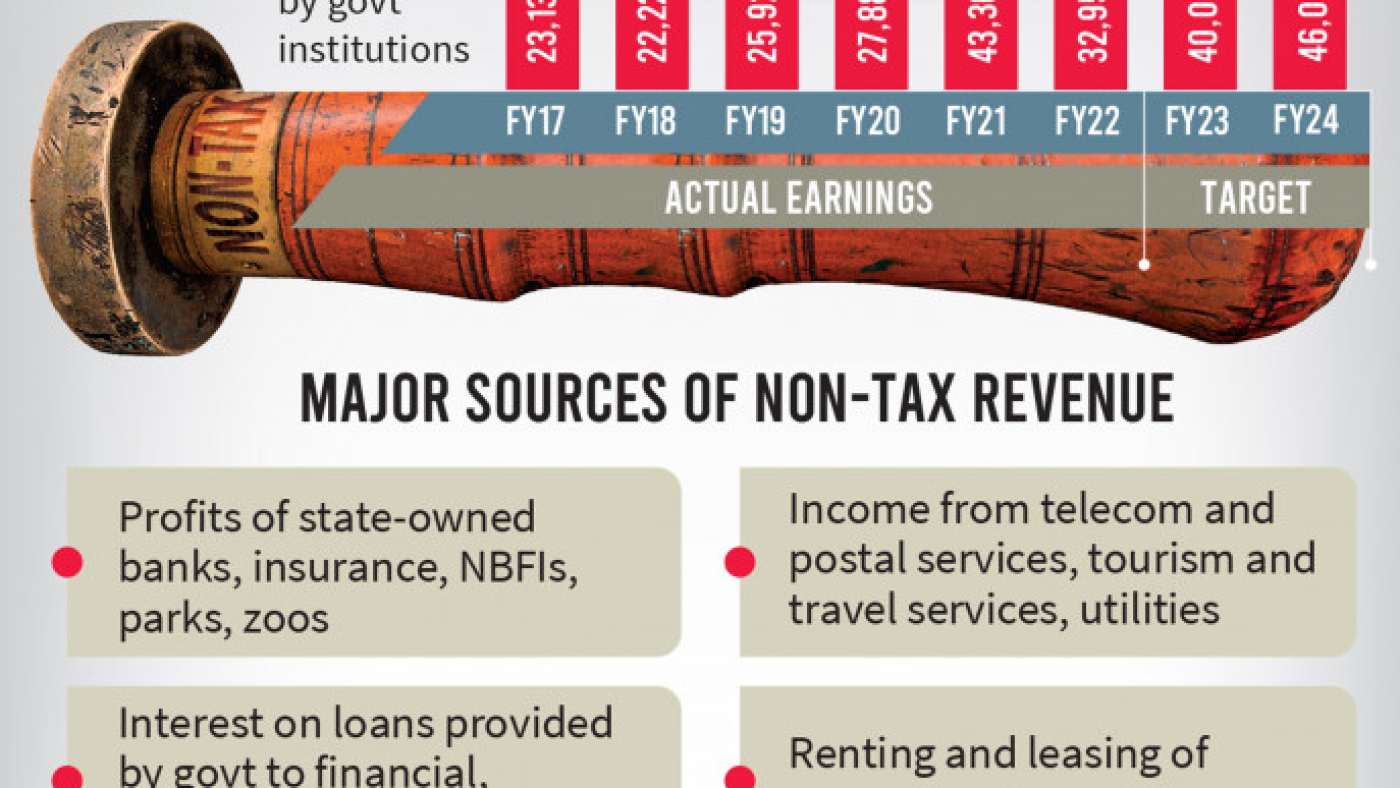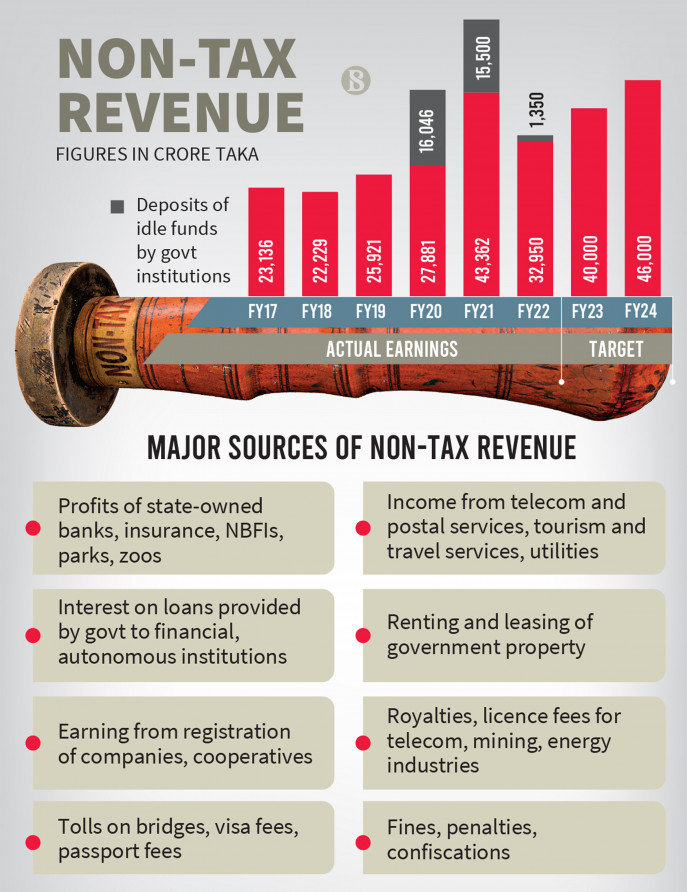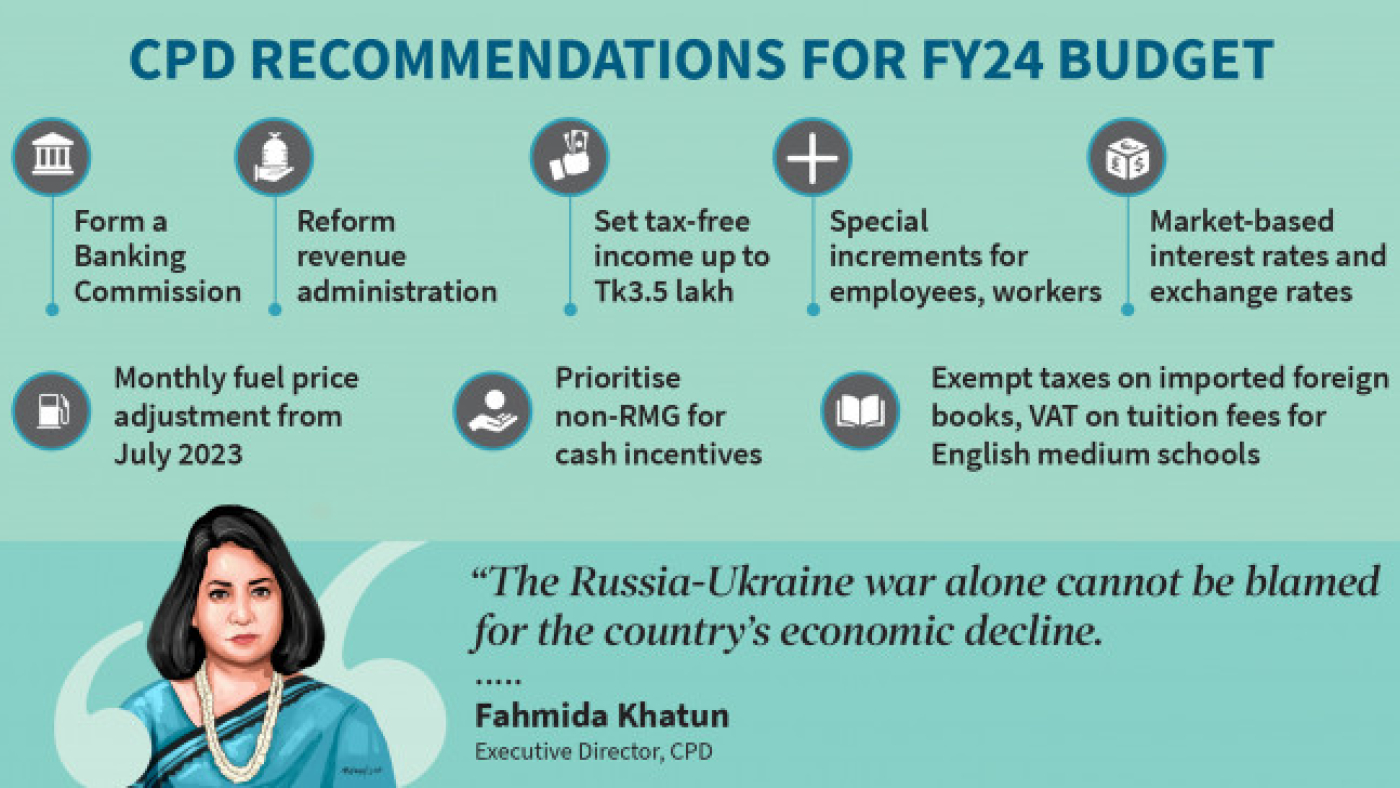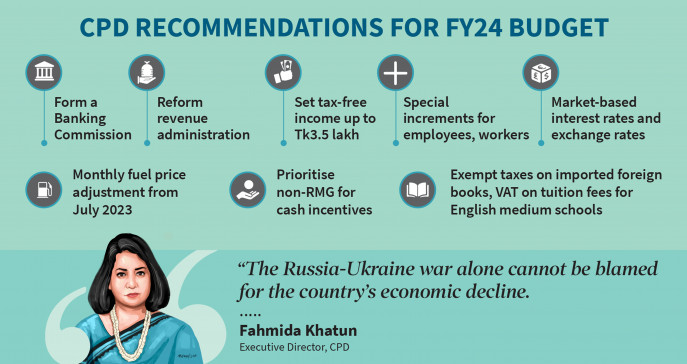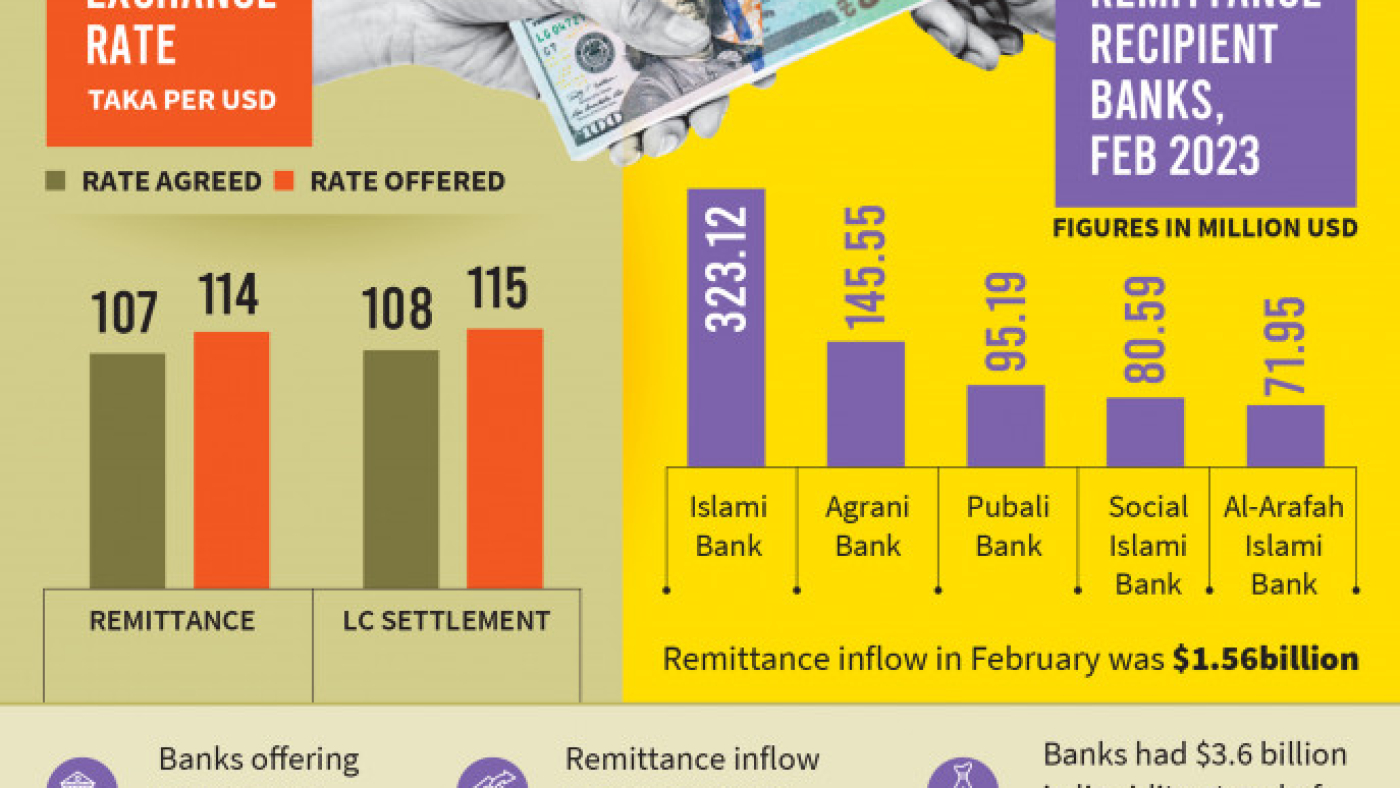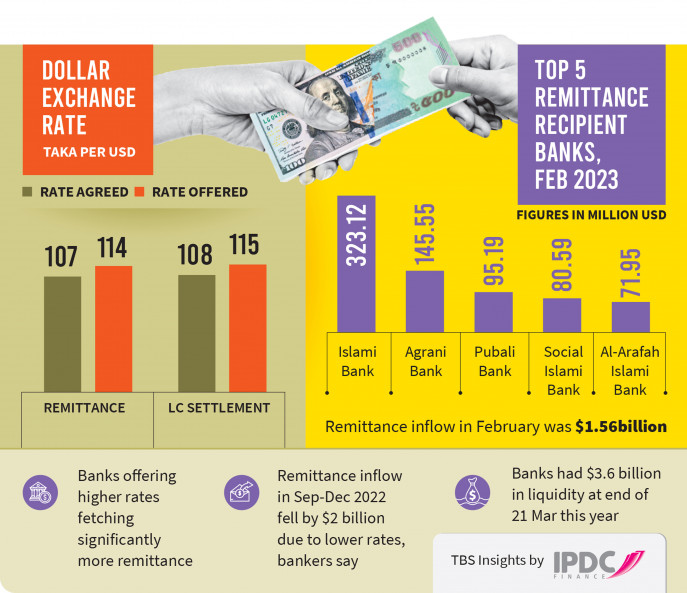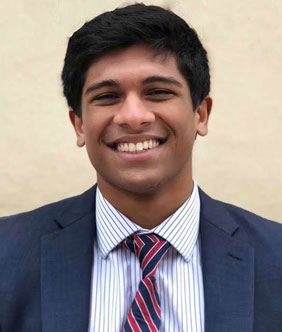
আবারও চীনের কাছ থেকে কঠিন শর্তে ৫০ কোটি ডলারের বেশি ঋণ নিচ্ছে বাংলাদেশ। রাজশাহী ওয়াসার পানি শোধনাগার এবং নৌপরিবহন মন্ত্রণালয়ের জাহাজ কেনার প্রকল্পে এ অর্থ আসছে। এর মধ্যে রাজশাহী ওয়াসার পানি শোধনাগার প্রকল্পের ঋণের দর-কষাকষি শেষ। আগামী মাসে ঋণচুক্তি হবে। অন্যটির দর-কষাকষি এখনো চূড়ান্ত হয়নি। এ দুটি প্রকল্পে সব মিলিয়ে পাঁচ হাজার কোটি টাকার বেশি ঋণ নেওয়া হচ্ছে।
এসব ঋণের শর্ত হলো চীনের এক্সিম ব্যাংকই প্রকল্পের ঠিকাদার ঠিক করে দেবে। সুদের হার সোয়া ২ শতাংশের মতো হলেও ঋণ পরিশোধের সময় মাত্র ১৫ বছর। এ ছাড়া গ্রেস পিরিয়ড পাঁচ বছর। অর্থাৎ ২০২৩ সালে ঋণচুক্তি হলে ২০২৭ সাল থেকে ঋণ পরিশোধ শুরু হবে। ঋণ পরিশোধের সময়সীমা বেশ কম বলে ঋণের কিস্তির পরিমাণ তুলনামূলক বেশি হয়। বিশ্বব্যাংক, এশীয় উন্নয়ন ব্যাংকের (এডিবি) মতো সংস্থা থেকে ঋণ নিলে ৩০-৩৫ বছরে পরিশোধ করতে হয়।
চীনা ঋণ নিয়ে ধীরে চলো নীতি

অর্থনৈতিক সম্পর্ক বিভাগ (ইআরডি) সূত্রে জানা গেছে, রাজশাহী ওয়াসার জন্য ভূ–উপরিস্থ পানি শোধনাগার স্থাপনের জন্য চীনের এক্সিম ব্যাংকের কাছ থেকে সাড়ে ২৭ কোটি ডলার ঋণ নেওয়া হচ্ছে। গত সপ্তাহে এক্সিম ব্যাংক ও ইআরডির কর্মকর্তারা এ ঋণ নিয়ে দর-কষাকষি চূড়ান্ত হয়েছে। এখন ঋণচুক্তির দলিলপত্র তৈরি করা হচ্ছে। আগামী এপ্রিল মাসের মধ্যেই উভয় পক্ষের মধ্যে ঋণচুক্তি হবে বলে আশা প্রকাশ করছেন ইআরডির কর্মকর্তারা। প্রায় সাড়ে চার বছর ধরে এ দর-কষাকষি হয়েছে।
‘২০১৮ সালের ইআরডির এক চিঠির ভিত্তিতে আমরা হুনান কনস্ট্রাকশন ইঞ্জিনিয়ারিং গ্রুপ করপোরেশনের সঙ্গে কাজ শুরু করি। আমরাই সম্ভাব্যতা যাচাই, প্রকল্প নকশাসহ সব করেছি, ওই কোম্পানির কর্মকর্তারা শুধু পরামর্শ দিয়েছেন। চীনের এক্সিম ব্যাংকই এই ঠিকাদার ঠিক করে দিয়েছে।
পারভেজ মামুদ, পরিচালক ও রাজশাহী ওয়াসার প্রধান প্রকৌশলী
অন্যদিকে দুই বছর ধরে বাংলাদেশ শিপিং করপোরেশনের জন্য ছয়টি জাহাজ কেনার প্রকল্প নিয়ে আলোচনা শেষ হয়নি। এ প্রকল্পে ২৫ কোটি ডলারের ঋণচুক্তি হতে পারে। ঋণচুক্তি হলে চার বছরের মধ্যে এসব জাহাজ সরবরাহ করবে চীন। এটা সরবরাহকারী ঋণ। চীন টাকা দেবে, জাহাজও দেবে।
এ বিষয়ে যোগাযোগ করা হলেও ইআরডি থেকে আনুষ্ঠানিক কোনো বক্তব্য পাওয়া যায়নি। তবে ইআরডির কর্মকর্তারা জানিয়েছেন, ঠিকাদার নিয়োগ, কাজের মান, সুদের হার, ঋণ পরিশোধের সীমা—এসব বিদেশি সহায়তাপুষ্ট অন্য প্রকল্প থেকে ভিন্ন। তাই সংবেদনশীলতা বিবেচনায় দর-কষাকষিতে সময় লাগে।
এ বিষয়ে বড় অবকাঠামো বিশেষজ্ঞ ও সাবেক সচিব মুহাম্মদ ফাওজুল কবির খান প্রথম আলোকে বলেন, ‘চীনের ঋণ যতটা না আমাদের সহায়তা করার জন্য, এর চেয়ে চীনের ব্যবসা সম্প্রসারণই মূল উদ্দেশ্য। যেমন, রাজশাহীর ওয়াসার ওই প্রকল্পে চীনা ঠিকাদার কাজ করবে, চীনের জিনিসপত্র ব্যবহার করা হবে। প্রকৌশলী, পরামর্শক—সব চীনের। ঋণের সিংহভাগ অর্থ আবার চীনে ফেরত যাবে। যেহেতু কোনো প্রতিযোগিতার মাধ্যমে ঠিকাদার ঠিক করা হয় না, তাই প্রকৃত খরচের তুলনায় অনেক বেশি খরচ হয়। কাজের মান নিয়েও প্রশ্ন উঠতে পারে।’ তিনি জানান, এক সমীক্ষায় দেখা গেছে, এ ধরনের কঠিন শর্তের ঋণের প্রকল্পে ১৫-২৫ শতাংশ বাড়তি খরচ হয়।
ঋণ চূড়ান্ত হওয়ার আগেই চীনা ঠিকাদার
২০১৮ সালের জুলাই মাসে রাজশাহী ওয়াসার জন্য ভূ–উপরিস্থ পানি শোধনাগার স্থাপনের জন্য ৪ হাজার ৬২ কোটি টাকার প্রকল্প নেওয়া হয়েছিল। গোদাগাড়ীতে এ শোধনাগার হবে। প্রকল্পটি পাসের সময় বলা হয়েছিল, চীনা ঋণ পাওয়া সাপেক্ষে প্রকল্পটি বাস্তবায়ন করা হয়। মেয়াদ ধরা হয়েছিল ২০২২ সালের জুন মাস পর্যন্ত। চীনের ঋণের অর্থ এখনো না পাওয়ায় এত দিন প্রকল্পটির কাজ শুরু করা যায়নি। ইতিমধ্যে প্রকল্পটির মেয়াদ ২০২৪ সালের জুন মাস পর্যন্ত বাড়ানো হয়েছে আর ঋণের আলোচনাও শেষ হয়েছে।
চীনের ঋণ পাওয়ার বিষয়টি এত দিন চূড়ান্ত না হলেও চার বছর আগেই চীনা ঠিকাদার হুনান কনস্ট্রাকশন ইঞ্জিনিয়ারিং গ্রুপ করপোরেশন এ প্রকল্পের সঙ্গে সম্পৃক্ত হয়ে যায়। চীনের এক্সিম ব্যাংক এই ঠিকাদার ঠিক করে দেয়। ঠিকাদারি কোম্পানি সম্ভাব্যতা যাচাই, প্রকল্প পরিকল্পনা, খরচ—সবকিছুতে পরামর্শ দেয়। পরে ২০২১ সালের মার্চ মাসে রাজশাহী ওয়াসা এবং চীনা ঠিকাদার হুনান কনস্ট্রাকশন ইঞ্জিনিয়ারিং গ্রুপ করপোরেশনের মধ্যে আনুষ্ঠানিক চুক্তি স্বাক্ষর হয়। কিন্তু তখনো চীনের এক্সিম ব্যাংক থেকে ঋণ পাওয়া নিয়ে দর-কষাকষি শেষ হয়নি, অর্থপ্রাপ্তি নিশ্চিত হয়নি।
এ বিষয়ে প্রকল্প পরিচালক ও রাজশাহী ওয়াসার প্রধান প্রকৌশলী পারভেজ মামুদ প্রথম আলোকে বলেন, ‘২০১৮ সালের ইআরডির এক চিঠির ভিত্তিতে আমরা হুনান কনস্ট্রাকশন ইঞ্জিনিয়ারিং গ্রুপ করপোরেশনের সঙ্গে কাজ শুরু করি। আমরাই সম্ভাব্যতা যাচাই, প্রকল্প নকশাসহ সব করেছি, ওই কোম্পানির কর্মকর্তারা শুধু পরামর্শ দিয়েছেন। চীনের এক্সিম ব্যাংকই এই ঠিকাদার ঠিক করে দিয়েছে। ঋণের অর্থ না পাওয়ায় এখনো মূল কাজ শুরু করতে পারিনি। যেহেতু চীনা ঋণের দর-কষাকষি চূড়ান্ত হয়ে গেছে, তাই অর্থ পেলে আগামী দুই বছরের মধ্যে কাজ শেষ করতে পারব।’
সীমিত পরিসরে দরপত্র
গত ডিসেম্বর মাসে সীমিত পরিসরে দরপত্র বা লিমিটেড টেন্ডারিং মেথডের (এলটিএম) মাধ্যমে ঠিকাদার নিয়োগের বিষয়ে চীন রাজি হয়েছে। তবে রাজশাহী ওয়াসার প্রকল্পের ক্ষেত্রে এটি প্রযোজ্য হবে না। সাধারণত কোনো প্রকল্পের জন্য ঋণ প্রস্তাব দিলে চীনা কর্তৃপক্ষই ওই নির্দিষ্ট প্রকল্পের জন্য চীনা ঠিকাদার চূড়ান্ত করে দেয়। ওই ঠিকাদারই কাজটি সম্পন্ন করে থাকে। দরপত্রের মাধ্যমে একাধিক ঠিকাদার থেকে একটি ঠিকাদারি প্রতিষ্ঠান বাছাই করার সুযোগ থাকে না।
লিমিটেড টেন্ডারিং মেথড (এলটিএম) পদ্ধতিতে কোনো প্রকল্পে ঠিকাদার নিয়োগের জন্য দরপত্র আহ্বান করলে শুধু চীনা ঠিকাদারেরা অংশ নেবেন। ওই দরপত্রের অংশ নেওয়া একাধিক ঠিকাদারের মধ্যে একটি ঠিকাদারি প্রতিষ্ঠানকে চূড়ান্তভাবে বাছাই করা হবে। বর্তমানে ভারতের লাইন অব ক্রেডিটের (এলওসি) মাধ্যমে নেওয়া প্রকল্পে এলটিএম পদ্ধতিতে ভারতীয় ঠিকাদার ঠিক করা হয়।
বাণিজ্যিক চুক্তি করতেই দুই থেকে আড়াই বছর
চীনা ঋণে যত প্রকল্প নেওয়া হয়েছে, সবগুলোর বাণিজ্যিক চুক্তি করতেই দুই থেকে আড়াই বছর সময় চলে গেছে। ইআরডি সূত্রে জানা গেছে, একটি প্রকল্পে ঋণের জন্য চীনের এক্সিম ব্যাংকে প্রস্তাব পাঠানো হলে চীনা কর্তৃপক্ষ প্রথমে প্রকল্পের সম্ভাব্য অর্থনৈতিক সুবিধা বিবেচনা করে সিদ্ধান্ত নেয়।
এরপর ঋণ দেওয়ার বিষয়ে একমত হলে এক ঠিকাদারি প্রতিষ্ঠানকে বাংলাদেশের ওই প্রকল্প বাস্তবায়নকারী মন্ত্রণালয় বা সংস্থার সঙ্গে যোগাযোগ করিয়ে দেয়। উভয় পক্ষ বসে পুরো প্রকল্পের নকশা ও কার্যপরিকল্পনা চূড়ান্ত করার পর বাণিজ্যিক চুক্তি হয়। এভাবে পুরো কাজটি করতে প্রায় দুই থেকে আড়াই বছর সময় চলে যায়।
মোট ১৮৫৪ কোটি ডলারের ঋণচুক্তি
গত ১০ বছরে চীনের কাছ থেকে কঠিন শর্তে ঋণ নিয়ে ১২টি প্রকল্প বাস্তবায়ন করছে বাংলাদেশ। প্রকল্পগুলোর অন্যতম হলো কর্ণফুলী নদীর তলদেশ দিয়ে বহু লেন সড়ক টানেল নির্মাণ; শাহজালাল সার কারখানা; দাশেরকান্দি পয়োবর্জ্য শোধনাগার; ইনফো সরকার-৩; ঢাকা-আশুলিয়া এলিভেটেড এক্সপ্রেসওয়ে নির্মাণ; মডার্নাইজেশন অব টেলিকমিউনিকেশন নেটওয়ার্ক ফর ডিজিটাল কানেকশন; বিদ্যুৎ নেটওয়ার্ক সম্প্রসারণ ও বিতরণ; অন্যতম।
এসব প্রকল্পে সব মিলিয়ে ১ হাজার ৮৫৪ কোটি ডলারের ঋণ চুক্তি হয়েছে। এ পর্যন্ত দেড় হাজার কোটি ডলার ছাড় হয়ে গেছে। চীনের ঋণগুলোর একটি ছাড়া বাকি ১১টির সুদের হার সোয়া ২ শতাংশ এবং গ্রেস পিরিয়ডসহ ঋণ পরিশোধের মেয়াদ ১৫ বছর।
ইতিমধ্যে শাহজালাল সার কারখানা, পদ্মা-যশলদিয়া পানি শোধনাগার ও তথ্য প্রযুক্তি খাতের উন্নয়ন—এ তিন প্রকল্পে পাঁচ বছর গ্রেস পিরিয়ড শেষ হয়ে যাওয়ায় ঋণ পরিশোধ শুরু হয়ে গেছে। এ পর্যন্ত ১০০ কোটি ডলারের মতো ঋণ পরিশোধ হয়েছে।
সূত্রঃ প্রথম আলো


